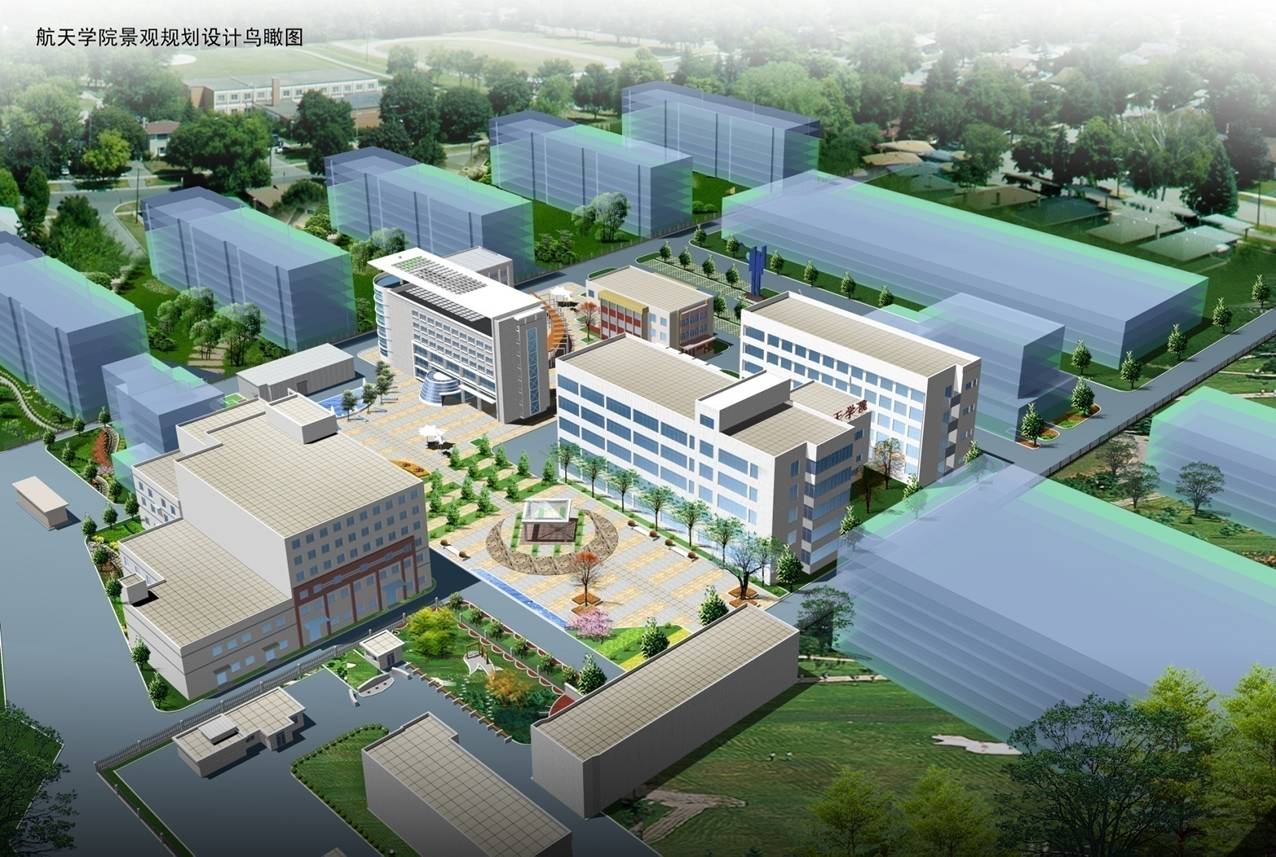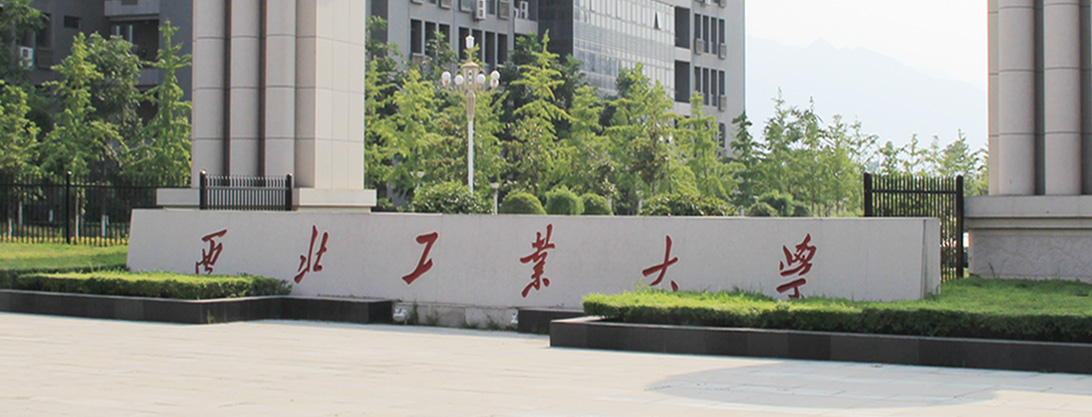School of Astronautics was founded in 1958, based on Department of Aerospace Engineering and is one of the earliest to focus on the astronautical technology in China. In December 1988, Department of Aerospace Engineering was developed into School of Aerospace Engineering, and in July 2003 it was officially renamed as School of Astronautics. After 50 years ‘development, the School of Astronautics has formed a high-leveled team led by academicians and well-known experts. By September 2021, there are 192 full-time staff, including: 46 professors, 93 associate professors, 12 administrative staff. 169 teachers hold a doctor’s degree, accounting for 88% of the total number. There are 4 members of the Chinese Academy of Engineering.
Currently, School of Astronautics is composed of 8 institutions (Institute of Spaceplanes and Hypersonic Technologies, Institute of Aerospace Propulsion, Institute of Flight Control Technology, Institute of Precision Guidance and Control, Institute of Space Operation Technology, Institute of Aerospace Structures, Institute of Unmanned Systems Guidance and Control Technology and Institute of Interdisciplinary Problems) , Aerospace innovation practice center and 3 National Key Laboratory, 4 Provincial Key Laboratory. For graduate students, it provides 2 master and doctoral degree programs: Aeronautical and Astronautical Science and Technology, Control Theory and Control Engineering. It provides 4 bachelor degree programs: Flight Vehicle Design and Engineering; Detection, Guidance and Control; Flight Vehicle Propulsion Engineering and aerospace engineering. Currently, there are 1900 students studying in the school, 900 of which are undergraduates, more than 1000 is graduate students.
Following the spirit of NPU, which is “firm basic knowledge, industries and serious work, plain and guileless style, creative and brave innovation”, School of Astronautics has made remarkable achievement in training students and had high social reputation. It has cultivated more than 11000 alumni, including academicians of Chinese Academy of Engineering Hou Xiao and Luo Qi.
Aiming at applying basic research into practice and meeting needs of national strategy, School of Astronautics undertook many research tasks and a number of important research results have been achieved, including development of more than 20 types of space vehicles, carrier rocket and satellites. The school was cited by Manned Space Engineering Office for it's remarkable contributions to China’s first manned flight test. School of Astronautics has become an influential institute in training excellent students and doing scientific research.



